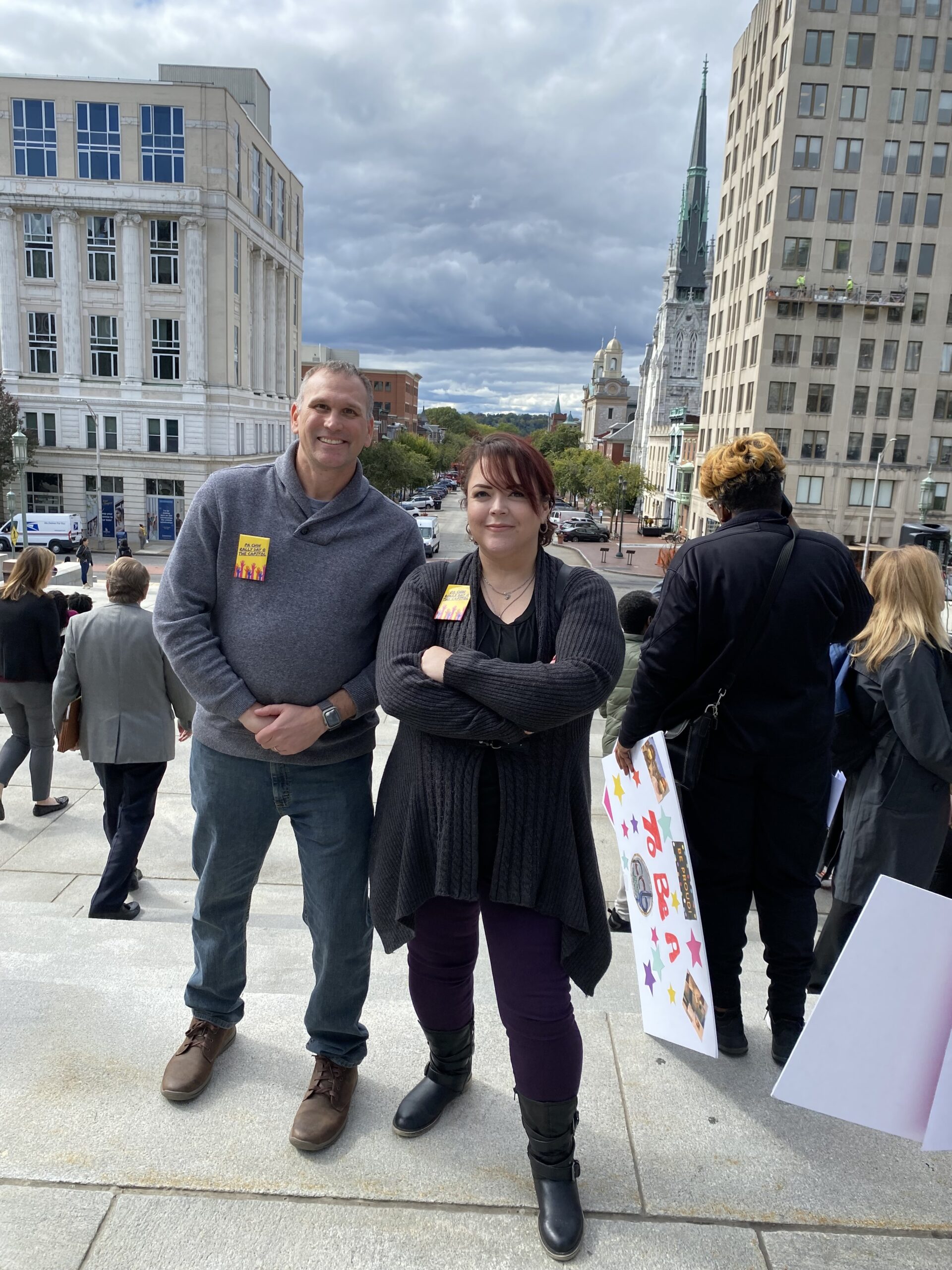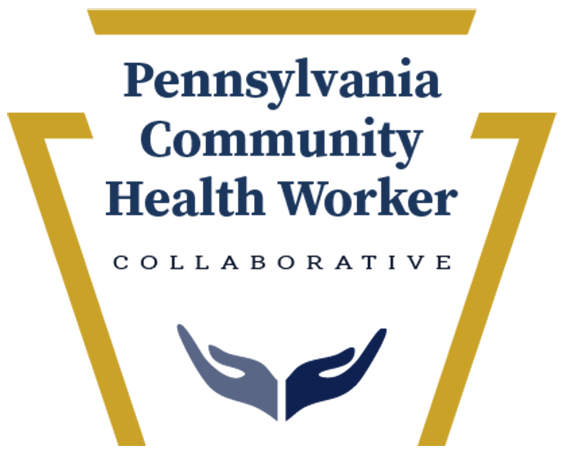About PACHW

About Us
The Pennsylvania CHW Collaborative (PACHW) is a growing statewide coalition of Community Health Workers (CHWs) and CHW Allies that exists to unite and empower Pennsylvania’s CHWs through active collaboration, education, advocacy, and support. PACHW champions the development of a strong professional identity through CHW leadership in statewide advocacy and policy change and brings together a diverse network of CHWs, CHW employers, and CHW allies from across PA to achieve its mission. PACHW’s vision is a future where all of PA’s CHWs have the opportunity to actively shape policies, decisions, and resources that impact the social drivers of health in PA. We strive to create healthy communities and improve health outcomes though inclusivity, accessibility, and whole-person care.
PACHW was founded to be CHW-led and CHW-driven. PACHW prioritizes the active participation of CHWs in its decision making and follows the disability rights movement mantra of ‘nothing about us without us.’ The Board is led by a Pennsylvania CHW and board members consist of a majority CHWs, alongside allies. PACHW committees also prioritize CHW-majority membership. Since 2023, PACHW has financially supported over 15 CHWs to present at state and national conferences and currently compensates 2 CHWs for their time with plans to add at least 3 more CHW consultants in 2024. In spring 2023, PACHW brought together three coalitions across the state that had all been working toward the advancement of CHWs in PA since 2020. Since last year, PACHW has grown statewide, encompasses nearly 400 members, and has merged efforts with the PA CHW Association to become one unified force. Over 150 Pennsylvania CHW employers make up PACHW, including community-based organizations, federally qualified health centers (FQHCs), free clinics, health systems, and faith-based organizations. Eight committees exist within PACHW, including CHW Rally Day, Sustainable Financing, Legislative Outreach, Marketing and Communications, Grants and Development, and more. PACHW is now set to follow the lead of other states who have established nonprofit CHW coalitions by formally educating and advocating for the professional identity and sustainability of the CHW workforce. After years of grassroots work, PACHW voted to move toward becoming an official nonprofit organization in 2023 and is now a 501(c)3 nonprofit organization.
PACHW’s strengths lie in its unified voice evidenced by the long list of CHWs and CHW allies involved in statewide efforts historically, going back over four years, as well as its success in organizing and advocating across the Commonwealth. The selected Board of Directors comes from the diversity among the group when it comes to populations served, employers, CHWs and CHW ally, and regional location. PACHW wanted a board that held a majority CHW representation (5 out of 9 members) and represented CHWs from across the state serving both urban and rural communities, working for a variety of employers of CHWs, and equally representing the entire state including Eastern, Central, and Western PA. The board also consists of members who have been heavily involved with PACHW as volunteers over the past year.
Our Priorities
AWARENESS
Educate individuals, especially PA stakeholders, about what services CHWs provide and what they can offer in their communities.
SUSTAINABLE
FINANCING
Advocate for and develop sustainable financing approaches to support the long-term employment of CHWs in PA.
PROFESSIONAL DEVELOPMENT
Make opportunities available for PACHWs to advance or grow in their careers.
EMPOWERMENT
Empower CHWs with the support needed to lead, identify, and drive advocacy efforts.
About CHWs
CHWs help bridge cultural, linguistic, knowledge and literacy differences among individuals, families, communities and providers. They help improve communications involving community members and agency or institutional professionals. CHWs understand and share information about available resources, and support planning and evaluation to improve health services.
Studies have shown that CHWs have a positive impact on patients’ keeping appointments, taking their medications, reducing risk by improving access to primary care and preventative services, and by helping individuals manage chronic conditions. CHWs have an intimate knowledge of their communities and local resources. CHWs use that knowledge and passion to help individuals overcome barriers to care such as those associated with language, culture, transportation, scheduling, and finances.
LEARN MORE ABOUT CHWs

